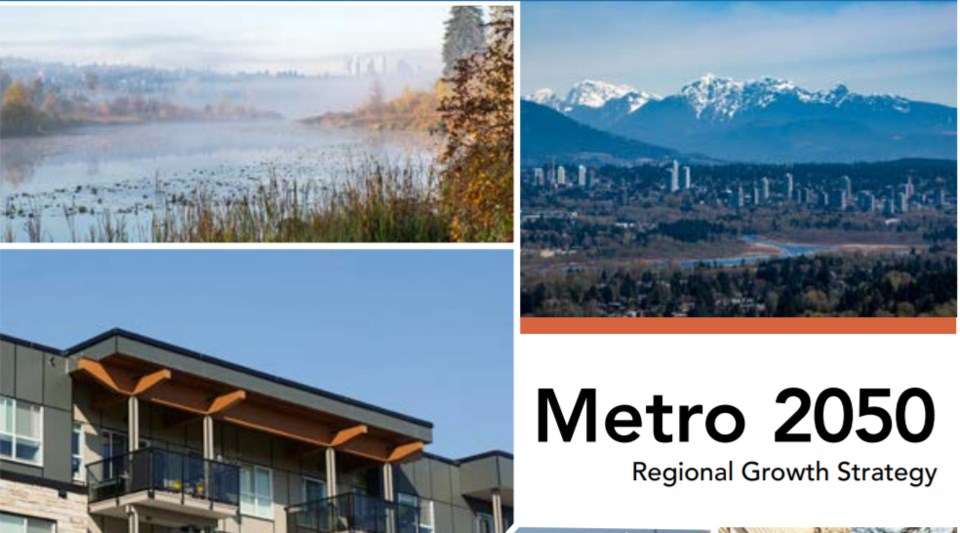Delta council had questions on Monday for Metro Vancouver regarding East Ladner’s stinky compost facility and the role federal and provincial government will have in tackling bigger environmental issues.
On Oct. 4, Metro Vancouver presented council with an update for their Metro 2050 draft, which is an upgraded rendition of the previous regional growth strategy, “Metro Vancouver 2040: Shaping our Future.”
Defined as a “long-range, strategic land-use plan aimed at advancing the region’s livability and sustainability by managing anticipated growth”, Metro 2050 has five goals, reads the executive summary.
These include creating a compact urban area, supporting a sustainable economy, protecting the environment and responding to climate change and natural hazards, providing diverse and affordable housing choices and, finally, supporting sustainable transportation choices.
Following the presentation, Coun. Jeannie Kanakos asked what role the federal and provincial governments will have in supporting larger projects and what that approach will look like.
“In Metro 2040 right now, we have actions for the federal and provincial governments, but we’ve found that, because they’re not signatory to the plan, that hasn’t been the most effective tool. So, in Metro 2050, we’ve turned those into advocacy actions for Metro Vancouver and members together. We would be advocating for action to other levels of government,” said Heather McNell, general manager of Regional Planning and Housing Services at Metro Vancouver.
Some of these items, she said, are asking these higher levels of government for support in housing, environmental protection and climate action.
Kanakos then asked for a follow-up on the air quality situation in East Ladner regarding the composting facility’s stench, which was discussed at the previous Sept. 27 council meeting.
Jerry Dobrovolny, chief administrative officer and commissioner of Metro, acknowledged the number of helpful, informative complaints they had received about the smell. He said they are continually monitoring the ongoing situation but couldn’t comment on the enforcement side of things.
Council will be discussing and then submitting feedback on the draft to Metro in early November.
Currently, Metro 2050 is still in phase two of their timeline and will be receiving feedback from municipalities, organizations, First Nations and the public up until Nov. 26.
For more information on Metro 2050, visit: http://www.metrovancouver.org/metro2050.



